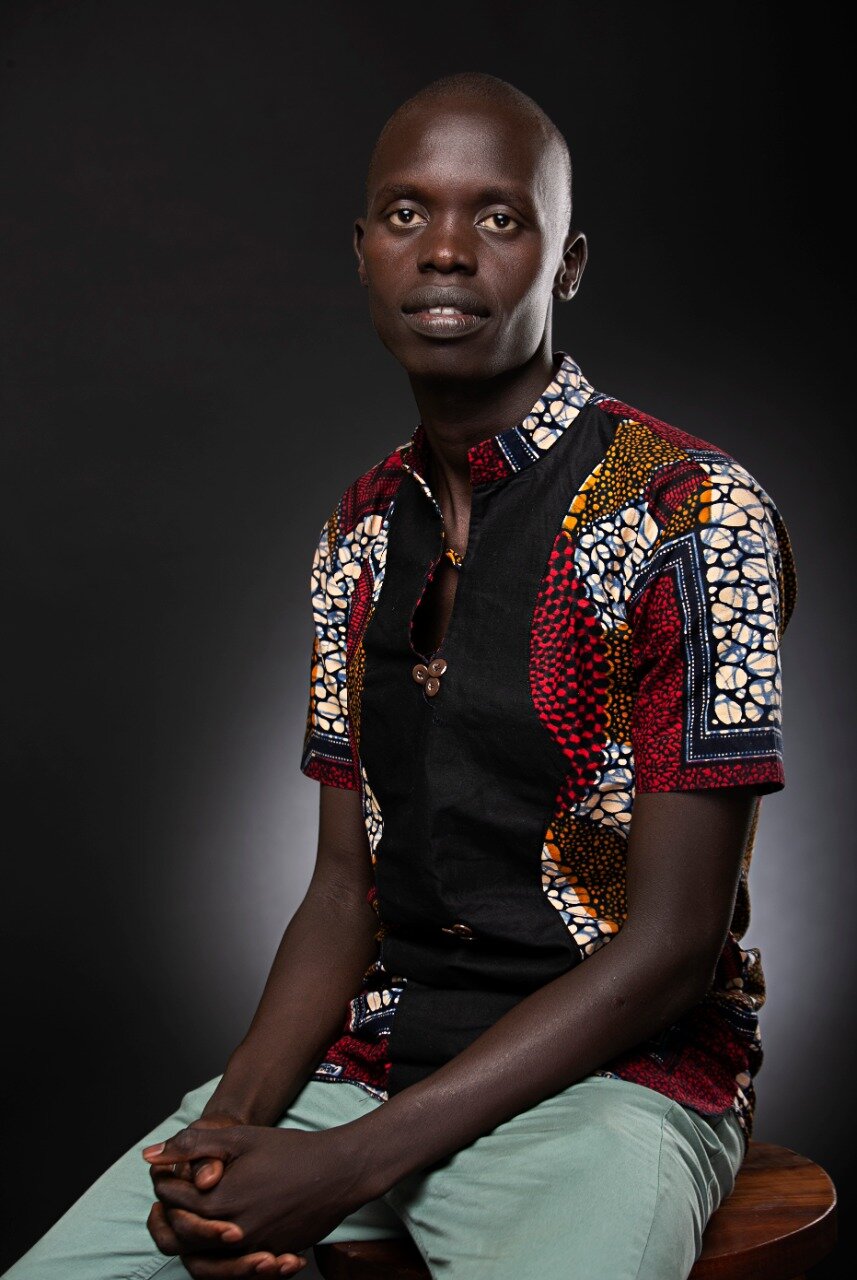What a short video about The Youth Cafe | Learn more about our Leadership Center.
Ensuring citizens’ critical competencies for a rights-based, transparent, open, secure and inclusive information environment.
Media Literacy is a 21st century approach to education. It provides a framework to access, analyze, evaluate and create messages in a variety of forms—from print to video to the Internet. Media literacy builds an understanding of the role of media in society as well as essential skills of inquiry and self-expression necessary for citizens of a democracy. Those promoting the importance of media literacy acknowledge the pervasive nature of media in our lives, and the fact that media is a part of modern culture; therefore, often the emphasis is not placed on protecting or secluding young people from media and its messages but instead on recognizing the role of the mass media and its subsequent influence while encouraging people to become competent, critical, and literate in all media forms. Media literacy training should empower individuals and provide them with the ability to become critical consumers and creators of media.
Over the past decades, media has played a vital role in all aspects of human lives. Media has also come through as platform for expression especially in countries that curtail such freedom. Mass media often plays a key role in today’s conflict. Basically, their role can take two different and opposed forms. Either the media takes an active part in the conflict and has responsibility for increased violence, or stays independent and out of the conflict, thereby contributing to the resolution of conflict and alleviation of violence. The use of media has had a tremendous influence in fueling the post-cold war conflicts in the African continent and beyond, and even today the effect of the mass media greatly shapes the politics of the international system. Hate speech in these conflicts was propagated through radios, televisions and newspapers-often with captivating headlines that incited different groups against each other.
The media has played a significant role in promoting peace and alleviation of conflict, however, this aspect has been over overshadowed. Therefore, the aim of this discussion is to examine how the media can play a constructive role in conflict resolution. A vibrant media gives people free flowing access to information, enables dialogue, encourages people to express their views, prompts greater political participation and encourages accountability.
The media literacy discussion will help young people to think critically, become a smart consumer of public information, recognize point views of authors, understand the role of media in the society and hence be a responsible media creators and consumers.
Event Contact Person
Martin Wang, Associate Member at The Youth Cafe
Email: martinwang@theyouthcafe.com
Phone: +254 705 558688
See who is on social media!
Like us on Facebook | Follow us on Twitter | Add us on LinkedIn | Follow us on Instagram.
Speakers
Guest speaker, Steve Burger, will discuss Fake news, misinformation and contemporary propaganda. Panelists Nelson Kwaje and Rachael Okwar will discuss Bias, prejudice ad hate speech, and media literacy as a tool for open and inclusive sustainable development respectively.
Steve Burger
Steve Burger is currently the Vice President of Radio & Digital of WNIN, Tri-State Public Media, Inc, USA. His work has been honored with a Sigma Delta Chi award, the Society of Professional Journalists, and national awards.
Rachel Okwar
Rachel Okwar is currently Learning and Communications Officer at Voluntary Service Overseas (VSO). She has previously served as a member at The Youth Leadership Advisory Board.
Nelson Kwaje
Nelson is the founder of WEB 4 ALL Ltd; an ICT company that provides innovative ICT solution with the aim of bridging the Literacy gap in Africa and building sustainable ICT4D (ICT for development) Solutions.
Moderators
Maureen Amuhinda, Volunteer, The Youth Cafe
Prodige Kabunga, Volunteer, The Youth Cafe





